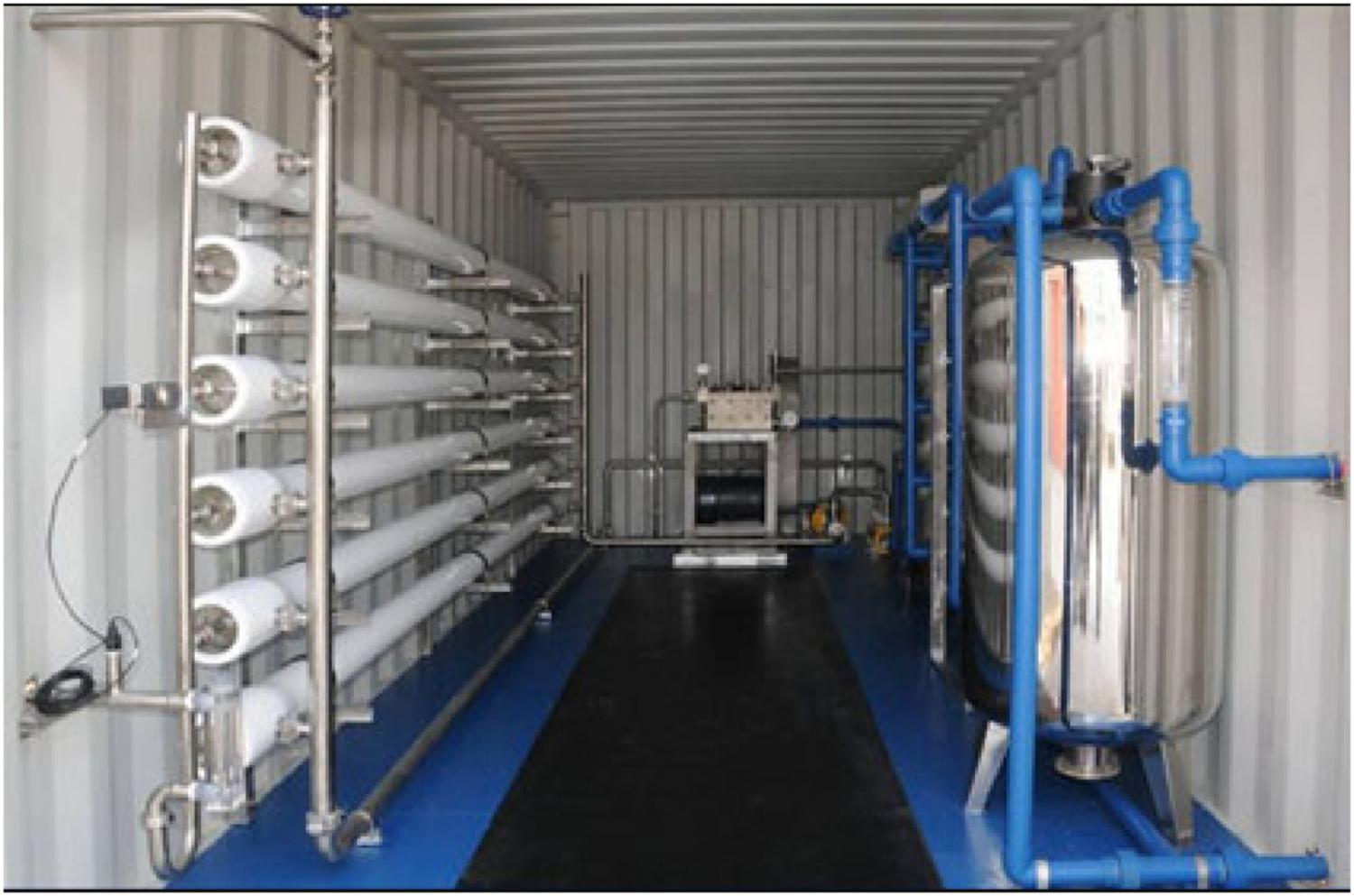
A great number of islands are dispersed across the Aegean Archipelagos, most of which have restricted water resources, affecting in this way the economic growth of local societies. To confront this issue, the solution addressed by the relevant stakeholders is the particularly costly and of questionable quality process of potable water transportation from the mainland using tanker ships. An alternative strategy consists of the deployment of seawater desalination configurations, leading however to a quite notable increase in the pertinent load demand.
Nisyros island is a remote volcanic island, located in the center of the Greek island complex of Dodecanese, in the southeast (SE) Aegean Archipelagos, which is an area characterized by plentiful Renewable Energy Sources (RES). In the present work, a systematic effort to evaluate the per economic sector energy needs of the island and its current water resources status and infrastructure has been conducted. Moreover, the solar energy potential prevalent in the island has been identified. To this end, a PV-based power configuration has been introduced, under the prism of covering in a sustainable way the island's desalination units' energy needs and decrease the environmental burden. The inherent first installation cost estimation reveals the economic benefits that can be attained in such a case. The feasibility of the proposed green energy solution unveils the prospects of comparable applications in relevant remote insular locations.
